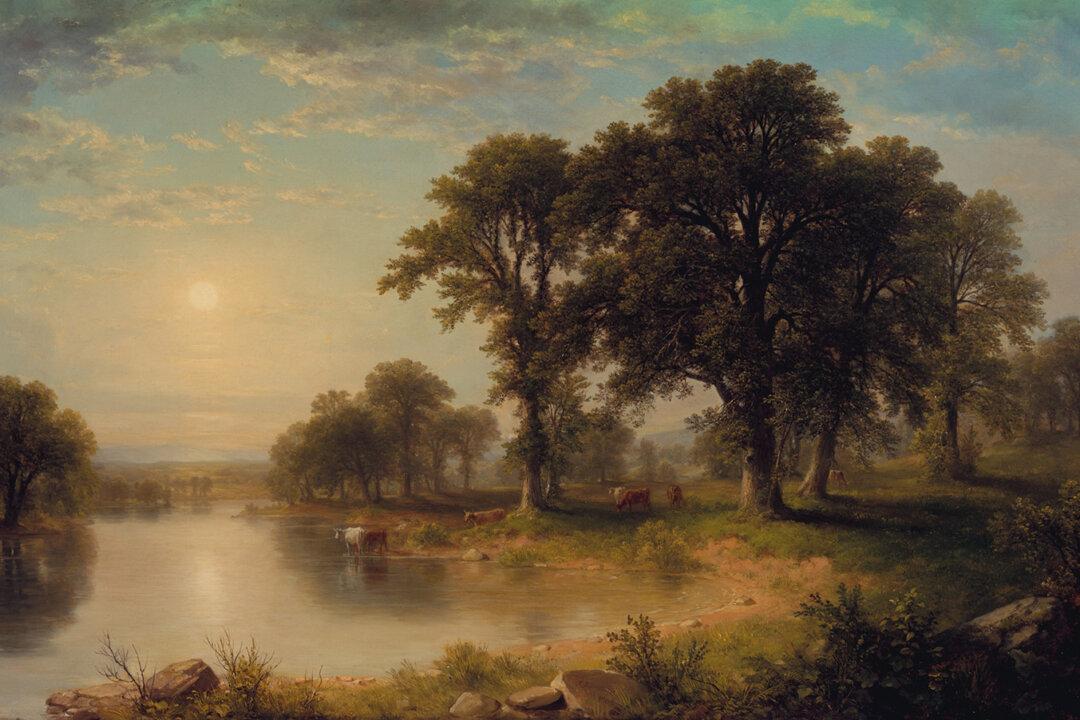From generals to lieutenants, the best military commanders study the lay of the land and the weather ahead of any mission. How steep are the hills? Are the valleys bare of vegetation or thick with vines and trees? What’s the heat index? Is rain likely? Failure to account for these factors can lead to defeat before the battle has commenced.
Like these warriors, poets often consider terrain and climate when marshalling their words, using for their verse an environment with which they are familiar and which best fits the mood and intention of the poem. This common-sense practice can make for great poetry, but it may require some extra imagination depending on where the reader lives.






